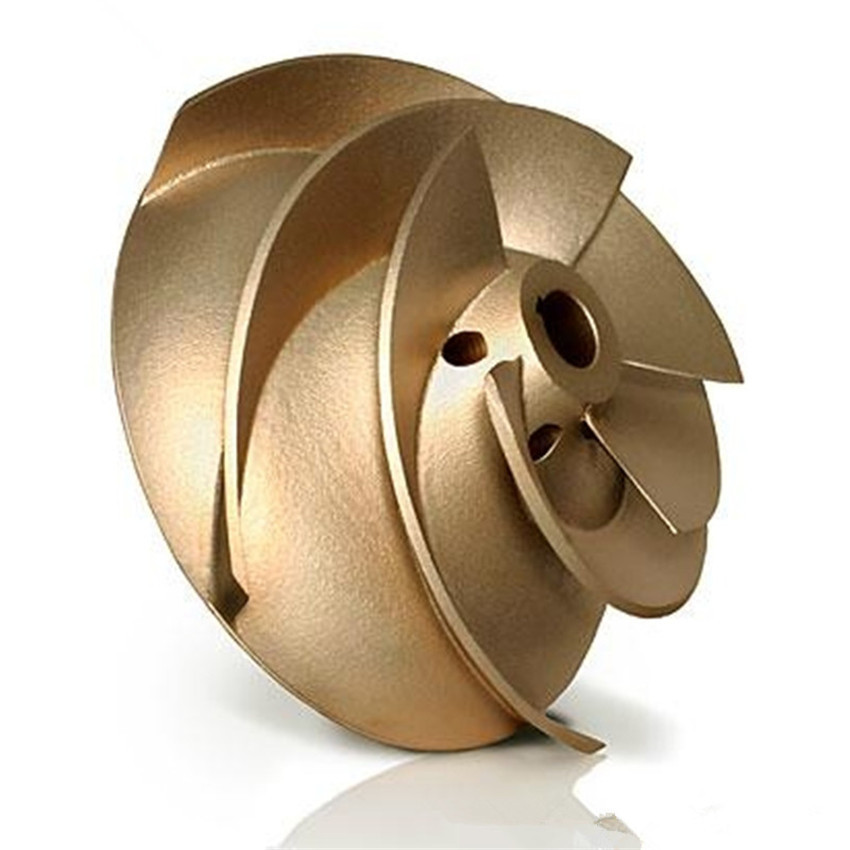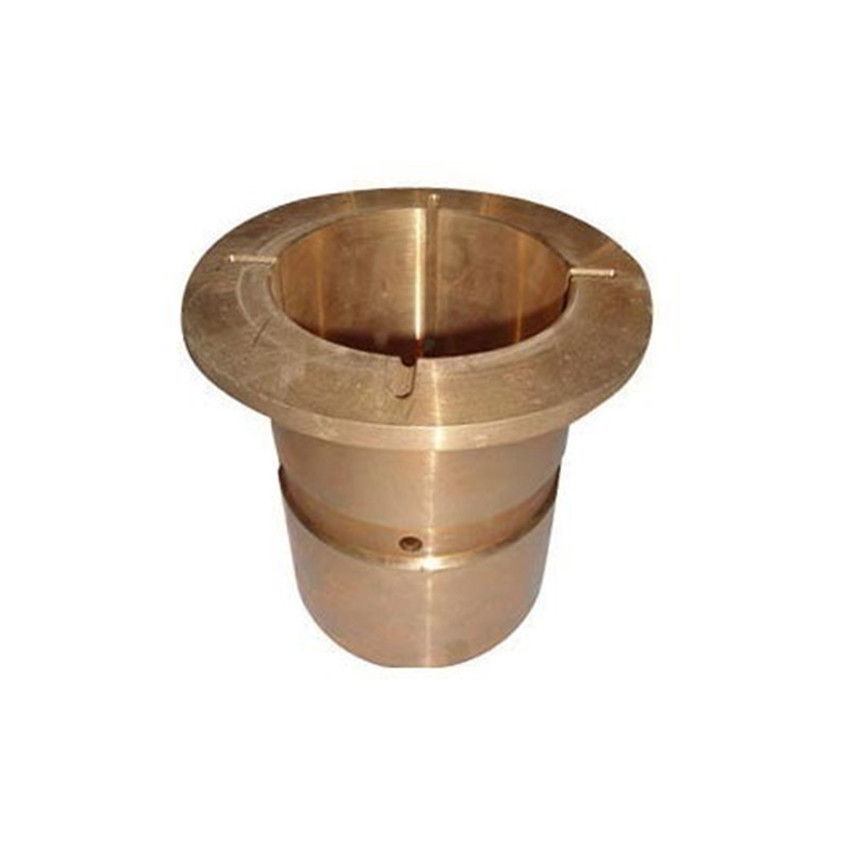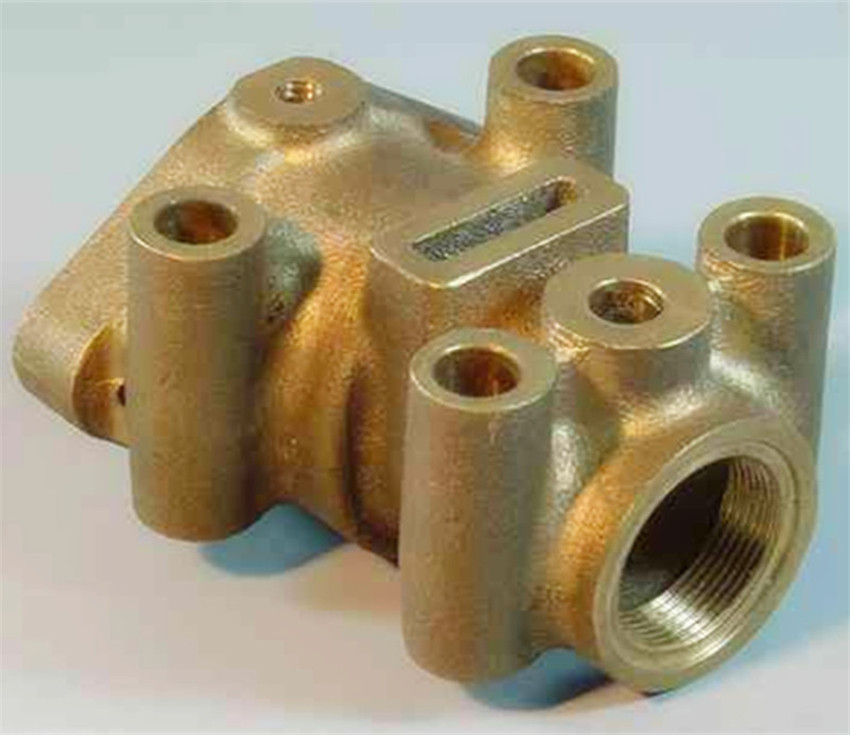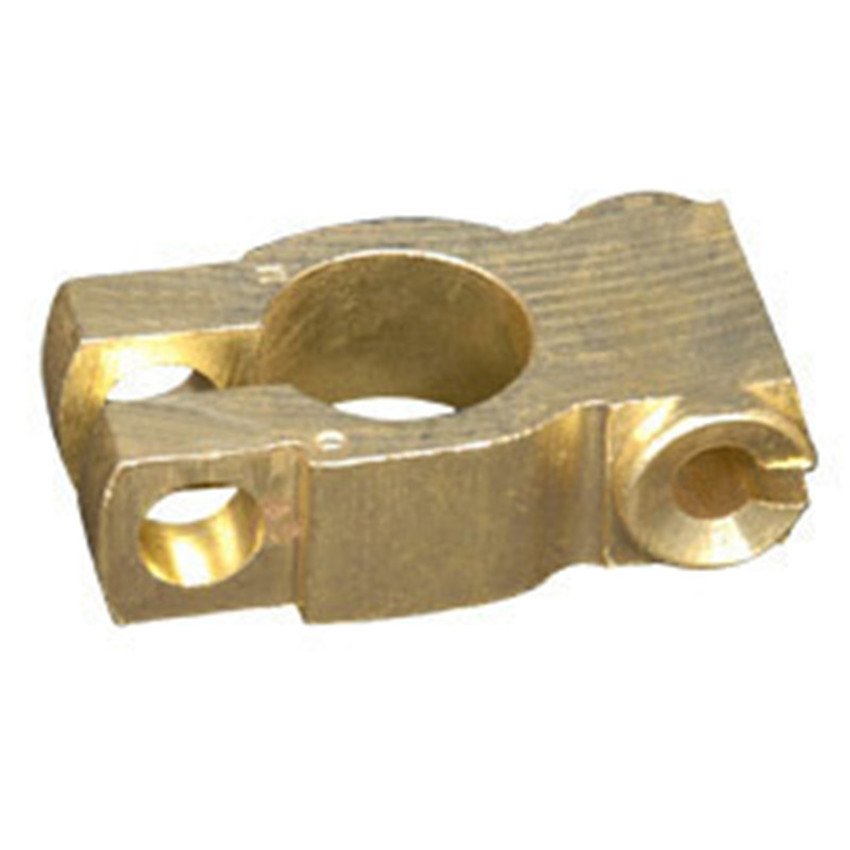




In the demanding landscape of modern manufacturing, the selection of robust and reliable components is paramount. This content delves into the critical role of brass casting, a highly versatile metallurgical process essential for producing intricate and durable parts across numerous industrial sectors. Brass, an alloy primarily composed of copper and zinc, offers a unique combination of strength, machinability, corrosion resistance, and aesthetic appeal, making it an ideal material for precision components.
The global market for brass castings is experiencing significant shifts driven by technological advancements and evolving application requirements. Key trends include:
Producing high-quality brass castings involves a meticulous multi-stage process, leveraging advanced metallurgical techniques to ensure optimal material integrity and dimensional accuracy. Our expertise encompasses various casting methods, tailored to specific part geometries, volumes, and performance requirements.
Detailed CAD design and simulation (FEA, DFM) precede pattern or mold tooling development. This stage ensures manufacturability and performance optimization. Materials often include copper-zinc alloys such as C85700 (Leaded Red Brass) or lead-free alternatives like C87600 (Silicon Brass) depending on application and regulatory compliance.
Depending on precision and volume, methods like sand casting (for larger, less intricate parts), investment casting (for high precision and complex geometries), or die casting (for high volume, uniform parts) are employed. Investment casting, in particular, offers superior surface finish and tight tolerances for high-precision components.
Brass ingots are melted in induction furnaces, carefully controlling temperature and atmospheric conditions to prevent oxidation and ensure consistent alloy composition. The molten brass is then poured into the prepared molds under controlled conditions to minimize turbulence and entrapment of gases.
After pouring, the molten metal cools and solidifies within the mold. Once cooled, the casting is removed from the mold. For sand casting, this involves breaking away the sand; for investment casting, the ceramic shell is broken off. This stage is critical for preventing shrinkage defects and internal stresses.
Excess material (gates, risers, flash) is removed, and the surface is cleaned. Heat treatment processes, such as annealing or stress relief, may be applied to optimize mechanical properties, enhance ductility, and relieve residual stresses, thereby extending the service life of the brass casting.
Many brass castings require secondary operations like CNC machining to achieve final dimensional tolerances, threading, or specific surface finishes. Precision CNC machining ensures adherence to stringent specifications, especially for automotive components where tight fits and smooth surfaces are critical.
Each batch undergoes rigorous testing to meet international standards such as ISO 9001, ASTM B584 for Copper Alloy Sand Castings, and ANSI specifications. This includes chemical analysis, mechanical property testing (tensile strength, hardness), dimensional inspection (CMM), and non-destructive testing (X-ray, ultrasonic, dye penetrant) to ensure zero defects and high reliability.
Optional surface treatments like plating (nickel, chrome) or polishing may be applied. Finally, components are carefully packaged to prevent damage during transit, ensuring they arrive ready for integration into higher-level assemblies.

The performance of brass castings is defined by a range of technical specifications crucial for design engineers and procurement specialists. These parameters ensure the suitability of components for demanding industrial environments. Below is a representative table illustrating typical specifications for High Precision Brass Casting for Auto Parts.
| Parameter | Typical Value / Range | Testing Standard |
|---|---|---|
| Material Grade | C87600 (Silicon Brass), C85700 (Leaded Red Brass) | ASTM B584, SAE J461 |
| Tensile Strength (min.) | 310 - 450 MPa (45 - 65 ksi) | ASTM B584, ISO 6892-1 |
| Yield Strength (min.) | 140 - 200 MPa (20 - 29 ksi) | ASTM B584, ISO 6892-1 |
| Hardness (Brinell, HB) | 70 - 120 HB | ASTM E10, ISO 6506-1 |
| Elongation (% in 4D) | 15 - 30% | ASTM B584, ISO 6892-1 |
| Density | ~8.3 - 8.5 g/cm³ | ASTM E1019 |
| Corrosion Resistance | Excellent against fresh/salt water, mild acids | ASTM B117 (Salt Spray) |
| Dimensional Tolerance (Investment Casting) | ±0.005 in/in or ±0.13 mm/mm (non-critical) | ISO 8062-3, VDG P690 |
| Surface Finish (as-cast) | Ra 3.2 - 6.3 µm (investment casting) | ASME B46.1 |
| Operating Temperature | -40°C to +200°C | Application specific |
These specifications highlight the material's capability to withstand demanding operational conditions, particularly relevant for automotive parts that experience significant thermal cycling, mechanical stress, and exposure to various fluids.

The inherent properties of brass make it an indispensable material for a vast array of industrial applications. Its combination of machinability, corrosion resistance, and good thermal/electrical conductivity positions brass castings as a preferred choice over other alloys in critical sectors.

Selecting the right brass casting vendor is a critical strategic decision that impacts product quality, cost-efficiency, and supply chain reliability. A thorough evaluation process considering various factors is essential for B2B procurement professionals.
| Feature | Specialized Foundry (e.g., Mingda Metals) | Generalist Foundry |
|---|---|---|
| Precision & Tolerances | Consistently achieves VDG P690 Grade D5-D7 for investment casting. | Typically VDG P690 Grade D8-D10 or coarser for similar processes. |
| Material Specialization | Expertise in lead-free brass (e.g., C87600), high-strength alloys, and custom compositions. | Limited range of standard brass alloys. |
| Quality Assurance | Comprehensive in-house NDT (X-ray, CMM), dedicated QA team, IATF 16949 certified. | May rely on external testing, basic dimensional checks, ISO 9001 only. |
| Engineering Support | DFM, FEA, solidification simulation, collaborative design process. | Basic design review, limited simulation capabilities. |
| Lead Time (Prototyping) | 4-6 weeks (dependent on complexity). | 6-10 weeks or longer. |
| Cost-Efficiency for Complex Parts | Optimized processes reduce overall part cost through less post-processing. | Higher total cost due to more post-machining or rework. |
The demand for bespoke components tailored to unique operational parameters is growing. Our expertise lies in delivering comprehensive custom brass casting solutions, guiding clients from initial concept through to final production.

Challenge: A major petrochemical client required a complex valve body capable of withstanding extreme pressures (up to 3,000 psi) and corrosive chemical exposure at elevated temperatures, with an expected service life of over 15 years. Existing components experienced premature failure due to stress corrosion cracking.
Solution: We developed a custom brass casting using a proprietary high-strength, dezincification-resistant brass alloy (similar to C87600). Utilizing investment casting for its superior dimensional accuracy and smooth internal finish, followed by specialized heat treatment and precision CNC machining, we produced valve bodies that met the client's stringent requirements.
Outcome: The new brass valve bodies demonstrated exceptional performance in field trials, exceeding the specified pressure ratings and showing no signs of corrosion after extensive chemical exposure. This led to a 40% reduction in maintenance costs and significantly improved operational safety for the client. Our average service life for such components is typically 20-25 years.
Challenge: An innovative EV manufacturer sought lightweight, high-precision components for a novel electro-hydraulic braking system. The parts required excellent thermal conductivity, consistent mechanical properties, and tight tolerances (±0.05 mm) across high production volumes. Aluminum components previously used exhibited insufficient wear resistance.
Solution: Leveraging our advanced `china brass casting` capabilities, we proposed a specialized silicon brass alloy (C87600) for its superior wear resistance and thermal properties. Through meticulous mold design and highly controlled investment casting, followed by multi-axis CNC machining, we achieved the required geometric complexity and surface finish.
Outcome: The resulting brass components integrated seamlessly into the EV braking system. The client reported enhanced braking performance, reduced noise, and a projected service life increase of 25% compared to previous materials. Our ability to scale production while maintaining consistent quality secured a long-term partnership with the EV manufacturer, delivering over 500,000 units annually.

Our commitment extends beyond delivering high-quality brass castings; we aim to build lasting trust through transparent processes, reliable support, and robust guarantees.
We maintain efficient production schedules to meet stringent project timelines. Our typical lead times for new tooling and samples range from 4 to 6 weeks, with subsequent production runs typically completed within 6 to 10 weeks, depending on volume and complexity. We utilize advanced planning systems to ensure on-time delivery and provide real-time updates on order status. Our logistics team ensures secure and efficient global shipping to your specified destination.
All our brass castings are backed by a comprehensive warranty, guaranteeing freedom from material defects and workmanship flaws for a period of [e.g., 1 to 5 years, depending on product] from the date of shipment, under normal operating conditions and proper installation. Full warranty details are provided with each order, underscoring our confidence in product quality and reliability.
Our dedicated customer support team is available to assist with technical inquiries, order tracking, and any post-delivery concerns. We provide expert guidance from initial consultation through to after-sales service, ensuring a seamless and satisfactory experience.
The strategic importance of high-quality brass casting cannot be overstated in today’s industrial ecosystem. From the intricate requirements of the automotive sector to the demanding environments of petrochemical and water management industries, brass continues to prove its value through superior performance, longevity, and versatility. By partnering with a specialized manufacturer like Mingda Metals, equipped with advanced technologies, stringent quality control, and a deep understanding of metallurgical science, businesses can ensure the consistent supply of reliable, precision-engineered brass components tailored to their exact specifications. Our commitment to expertise, experience, authoritativeness, and trustworthiness makes us the ideal choice for your next custom brass casting project.